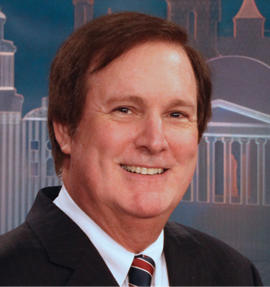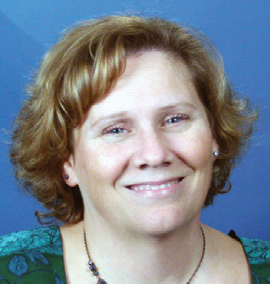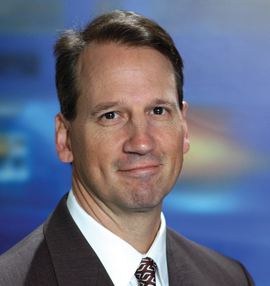The Hardest Part of Election Coverage
DATELINE: The presidential election has news stations around the country buzzing with anticipation over new technology, logistics and, of course, the results. With election night only a few months away, news directors at a sampling of stations were asked what part of election coverage is the most difficult.
Doug Culver, news director at ABC affiliate WJLA in Washington, D.C.

“Logistics are the biggest challenge and frankly, it gets more and more complicated each and every election cycle. And that’s especially true here. We have WJLA, which is ABC7, and we also have News Channel 8, which is our 24-hour local news channel. We have our Web service, of course, and our mobile platforms. Also, in the same building here is Politico, which is a standalone operation, but nevertheless, there are some commonalities. Having to coordinate and organize all of that is, without a doubt, the biggest challenge. We’re also looking at some new techniques where we can help the audience to engage more in…the debate, and to chime in, in real-time, on how the debaters are performing. Something we’re working on now, and we hope to be able to utilize, is smartphone technology in that process so that viewers at home or wherever they are watching can be part of the conversation.”
Michelle Donaldson, news director at CBS affiliate KPHO in Phoenix

“It’s the growing awareness and savviness of the people we’re covering about how we operate. We faced prior elections, recently, with people having dueling news conferences. You’ve watched it with the GOP race for presidency, where a state would have their primaries and you would have more than one contender jump on to make a statement at the same time. And that forces news managers to make a decision that they may not be comfortable making. They don’t want to have a perceived bias or favorite and there always was, previously, an understood agreement that candidates would take turns. And they are not playing by those rules anymore... They are just very intelligent about how newsrooms operate and so they are no longer focused on just trying to get their message out, but also trying to diminish the message of their opponent at the same time.”
Matt Miller, news director at Fox affiliate WXIX in Cincinnati

“It’s the tidal wave of results that come in right before air time. Most of the night is spent waiting and waiting for results. Then when they come in, they all come in from every race at once, and you are trying to update everything like crazy. Even with automation it still makes for a crazy night. The next hard part is trying to track down the winners. Even with advance planning they can go mobile and be hard to find…so you have to stay ready for action.”
Get the TV Tech Newsletter
The professional video industry's #1 source for news, trends and product and tech information. Sign up below.
Eric Shepard, news director at NBC affiliate WEAU in Eau Claire, Wis.

“Logistics, and being in the small market that we are, we don’t have the satellite trucks that we could dispatch to every corner of the state. We do have something relatively new called TVU, which is a live mobile backpack unit… So we’re able to make it a little easier on us. But I would say logistics is the biggest issue; just getting people to be where they need to be, and being able to report from the bigger cities across the other side of the state. The technology has made it much easier. We’re able to go live almost with the touch of a button.”
